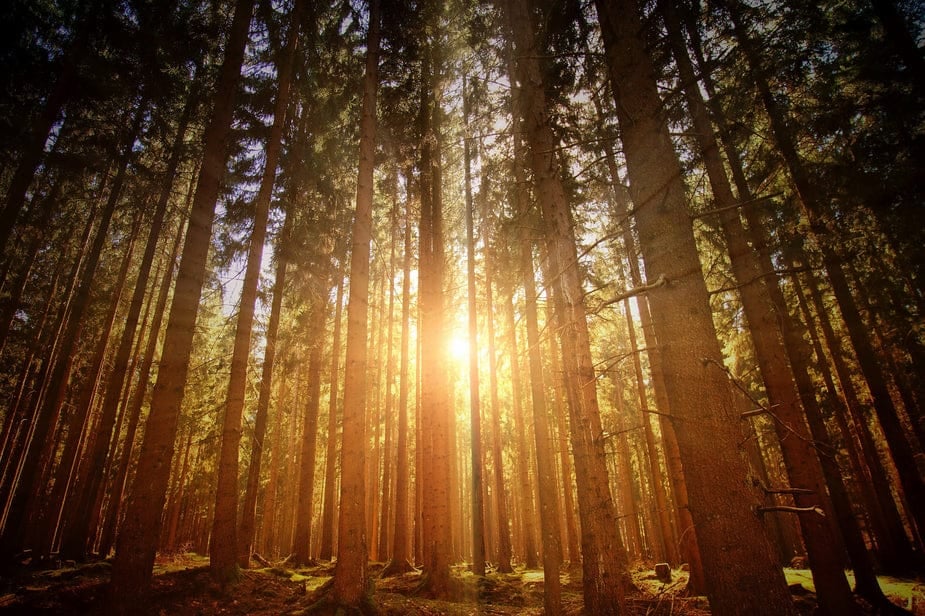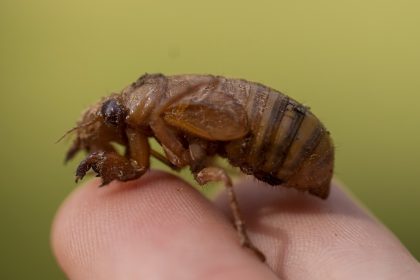New Project to Measure Precise Amount of Carbon in Every Tree on the Planet

PASADENA, Calif. — When a government, business or individual purchases a carbon offset, often a tree is planted — but trees aren’t all the same, and each type absorbs more carbon at different stages of growth. So, who tracks exactly how much carbon is absorbed to clean the air and whether the tree planted is an effective offset?
A space technology platform is being developed to calculate the precise amount of carbon in every tree on the planet in an effort to measure, report and verify exactly how much carbon removal each forest can handle.
CTrees, a nonprofit composed of an international team of scientists and engineers, is launching the new and first-ever platform for high-accuracy, AI-enabled satellite data of carbon mapping, which is set to be introduced at COP27 in mid-November.
This platform will enable both governments and the private sector to access reports on carbon emissions and storage that can help them achieve global climate targets while eradicating poor carbon accounting practices.
“The transition to carbon neutrality requires accurate accounting,” said Dr. Sassan Saatchi, a senior scientist at NASA’s Jet Propulsion Laboratory, who is leading CTrees’ team of scientists and data engineers in the U.S., Brazil, Denmark and France.
“To truly evaluate the benefits of carbon reduction efforts, market and policy actors need a global state-of-the-art system for measuring and monitoring. Until now, this technology hasn’t been available to carbon markets, and only on a limited basis to climate policymakers. CTrees is committed to an open-source approach that will ultimately build trust in carbon markets worldwide.”
It wasn’t that long ago that researchers relied on sonic tomography to measure the density of trees’ biomass and plugged a sample of these volumes into a complex model to calculate an estimate of the amount of carbon a forest might be storing.
But CTrees’ space technology approach was already in the minds of many.
“Eventually, with a combination of satellites … and with drones and laser scanning, we’re headed to the point where we might be able to know something about every tree in the U.S.,” Christopher Woodall, a researcher with the U.S. Forest Service, predicted in an interview with Connecticut Public Radio back in 2018.
Building on over two decades of research and development at the world’s leading universities and space agencies, CTrees, a philanthropy-powered project, has already developed national and jurisdictional forest carbon data and will be able to provide operational data for project-level assessments of forest carbon starting from early 2023.
The organization’s platform claims it will continually monitor emission reduction efforts around the world, track the loss and gain of individual trees globally, and identify carbon offset and sequestration opportunities with its consistent worldwide dataset that provides a nearly real-time picture of the carbon implications of forest conservation and restoration.
This global perspective on the Earth’s carbon balance — as well as the impact of climate mitigation investments — both supports stakeholders engaged in the carbon market and ensures that results from efforts to reach global climate targets can be accurately reported.
“As we transition to a post-Glasgow–regulated market for REDD+ or net sequestration, it is critical we have high quality, independent measurements, based on the best science, to ensure that we have the transparency and integrity we need and markets are confident that they are getting exactly what they pay for,” Dr. Lee White, Gabon’s minister for Forests, Sea, the Environment and Climate Change, speaking on the value of CTrees for the market, was quoted in a project release.
And with this new tool, anyone will be able to seek answers about the true carbon emissions reduction potential of forest investments and how to accurately account for the carbon that is traded.
Kate can be reached at [email protected]
























